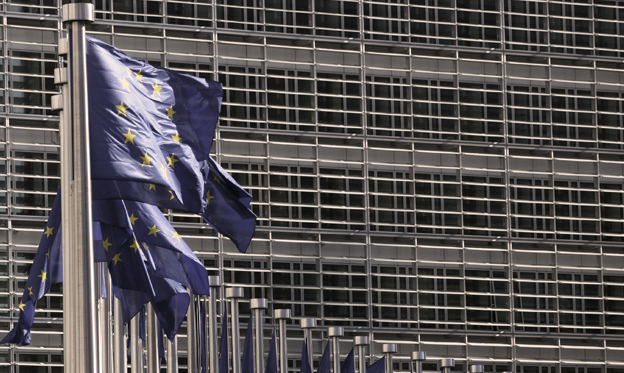
Insights | January 2, 2018
The Finnish Supreme Court has decided to seek a preliminary ruling from the CJEU in the Asphalt Cartel damages case
As reported earlier, the City of Vantaa and Lemminkäinen have been granted leave to appeal to the Supreme Court in the long running Asphalt cartel damages case.
As regards the appeal by the City of Vantaa, the Supreme Court has now has on 19 December 2017, decided to seek a preliminary ruling from the Court of Justice of the European Union (“CJEU”) concerning the award of damages.
The request for a preliminary ruling arises from a situation where a company has bought the entire shareholding of and liquidated a company that has participated in cartel activities after which the acquiring company has continued its business activities. The Supreme Court is seeking to ascertain inter alia whether it is a requirement under EU law that a company continuing the business of a liquidated company be held liable for paying the cartel damages caused by the liquidated company in a way which would be akin to the principle of successor liability as applied under EU competition law.
The Supreme Court is seeking a preliminary ruling on the following questions:
Firstly, whether the question regarding which undertaking bears liability for a breach of Article 101 Treaty on the Functioning of the European Union (“TFEU”) is decided, in a case concerning damages, based directly on the said article or national rules;
Secondly, provided responsibility is decided directly based on Article 101 TFEU, are the parties which belong to “the undertakings” within the meaning of Article 101 TFEU the same which should be deemed liable for any damages? Are the same principles applied when determining liability for damages as when determining liability for enforcement fines; particularly as regards the principles of one single undertaking and successor liability?
Thirdly, provided responsibility is determined based on national rules, is it contrary to the EU law principle of effectiveness, that a company which has acquired the shares in another company which has participated in conduct contrary to Article 101 TFEU, has dissolved the acquired company and continued its activities but would not be liable for any damages resulting from the acquired company’s infringing behavior in a situation where obtaining damages from the dissolved company would in practice be impossible or very difficult? Is it contrary to the principle of effectiveness that national rules require that the referred to acquisition of the infringing company would have been conducted illegally or artificially for the purposes of avoiding liability for the conduct infringing Article 101 TFEU or otherwise fraudulently, or at least that the acquiring company would or should have known of the Article 101 TFEU infringement at the time of the transaction?
The Supreme Court will now await the ruling of the CJEU. On average the duration of cases concerning requests for a preliminary ruling is a present fifteen (15) months. Upon receipt of a response to a preliminary ruling request, it is up to the national court to apply the answers of the CJEU to the facts of the case. Thus, it can be expected that in the present case the Supreme Court will not rule before late 2019.